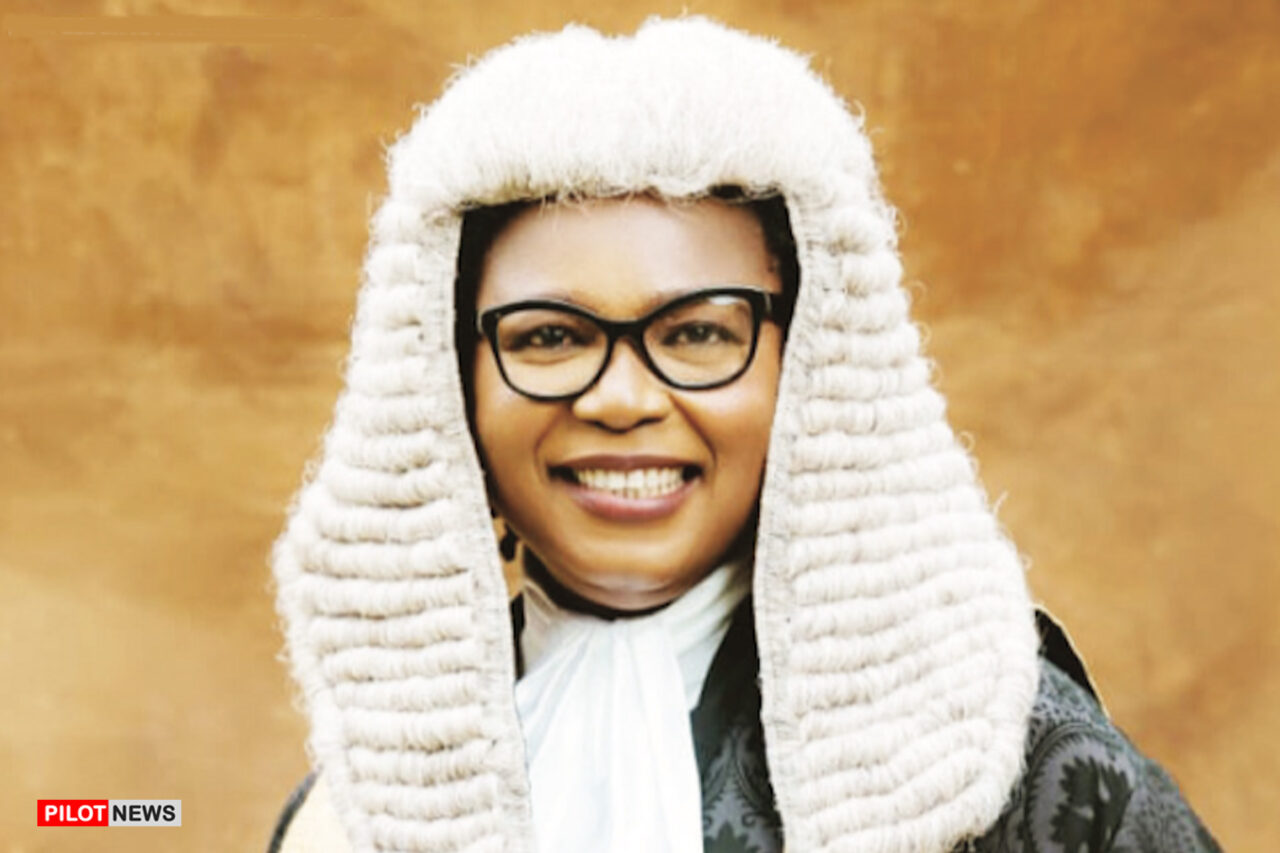Professor of Public Law, and Senior Advocate of Nigeria (SAN), Joy Ezeilo has said that the Nigerian Constitution is skewed to exclude the political participation and representation of women in the country.
The Professor of Public Law, who stated this at the weekend in Abuja at the Coordination and Strategy Meeting on Affirmative Action Reforms for Increase Women’s Political Representation in the Ongoing Constitution Review Process organised by UN Women, said Nigerian Constitution is not gender sensitive, as it excludes female gender in political participation and representation.
Ezeilo said: “It’s indisputable fact that Constitution making in Nigeria from Clifford Constitution in 1922 to the current Abubakar Constutution of 1999 has excluded much of women’s concerns and experience.
“The fallacy that Constitution is gender-neutral and that “He” means “She” is now being acknowledged after the historic amalgamation of women in the structure, content and language of the Constitution.”
She noted that the journey for women’s political representation in Nigeria has been a long and tortuous one, adding that it started in 1999, with little results to show for it.
The SAN described the celebration of 25 years of unbroken democracy as, “25 years of exclusion of women in constitutional democracy.”
She explained that in the affirmative action that 35% was provided for women both in the elective and appointing positions, adding that Nigeria is yet to fully comply with this principle.
According to her, women are yet to get 10 per cent in terms of political representation, adding that in the 774 Local Government Areas in Nigeria, women’s political representation is less than two percent.
Ezeilo, a former Commissioner for Gender and Social Development, Enugu State, pointed out that Land Use Act excludes women from inheritance.
In her remarks, Ebere Ifendu, the President, Women in Politics Forum (WIPC) called for active participation and representation of women in politics.
Ifendu expressed her dissatisfaction at the poor representation of women in politics, stressing that other nations of the world have embraced the idea and those who have lagged behind are fast-changing, which she sees as very encouraging.
According to her, “The overall level of representation of women in politics in Nigeria is not encouraging, as the number of women elected into the National and State assemblies have experienced a downward trend.”
Ifendu called for a coordinated approach by the key stakeholders in the actualisation of active representation women in political sphere.
She commended the House of Representatives for passing for the second reading, a bill seeking to amend the Constitution to create extra legislative seats for women in the National and State Assemblies.
The bill, jointly sponsored by the Deputy Speaker, Ben Kalu, and 12 others, was debated on the floor, with several members vehemently opposing it.
It proposes to create one senatorial seat and one House seat in each state and the Federal Capital Territory,Abuja.
It seeks to amend Sections 48 and 49 of the Constitution to provide one special seat reserved exclusively for women in the Senate and House of Representatives for each state of the Federation and the FCT, effective after the term of the current National Assembly and subject to review every 16 years.
- FG Rejects Trump’s Claim Of Nigeria, Country Of Particular Concern - November 1, 2025
- INEC Says Eight Associations Scale Hurdles to Complete Political Party Registration - November 1, 2025
- Oyebanji Revives Farm Settlements, Promises Security For Ekiti Farmers - November 1, 2025

